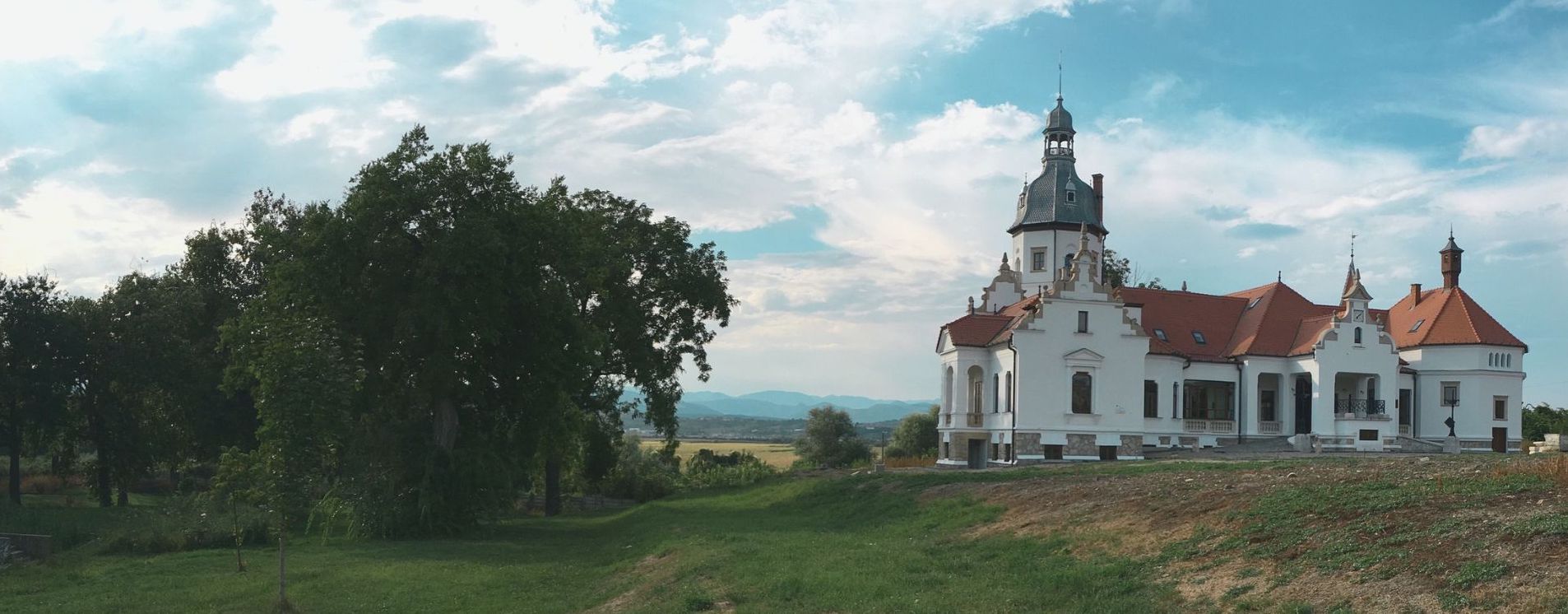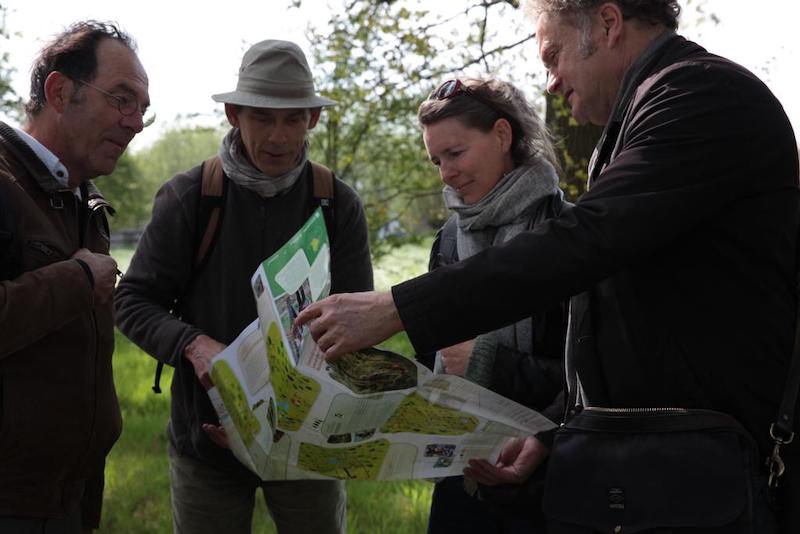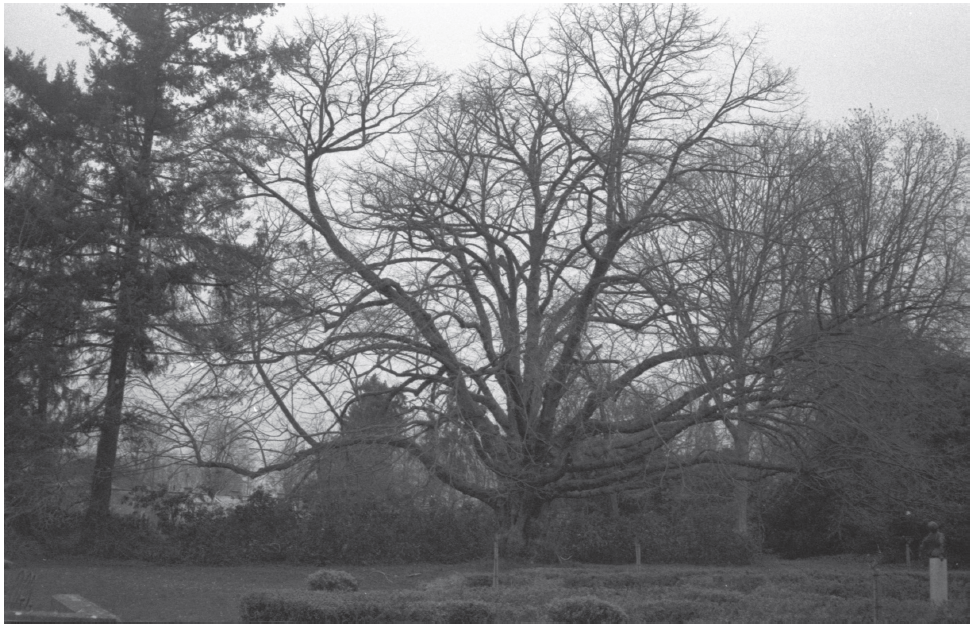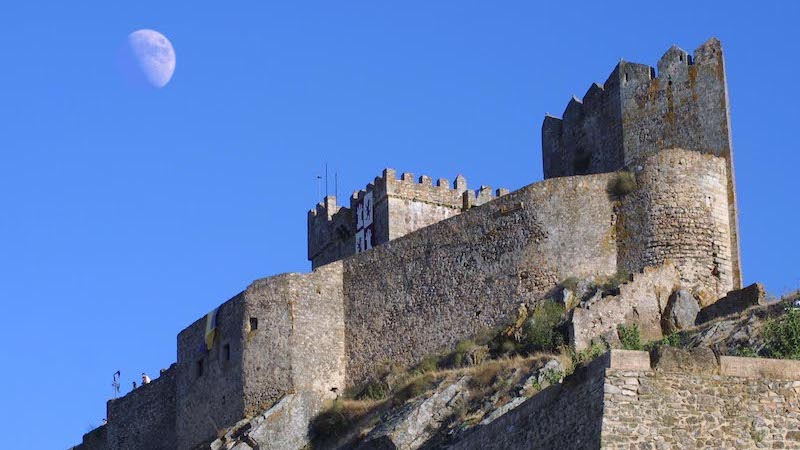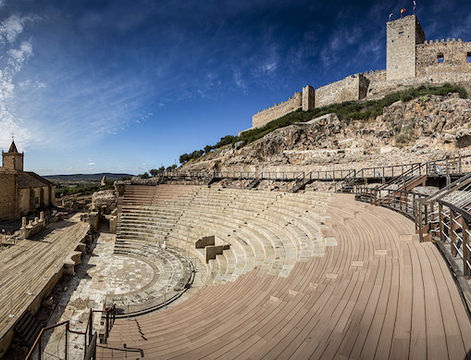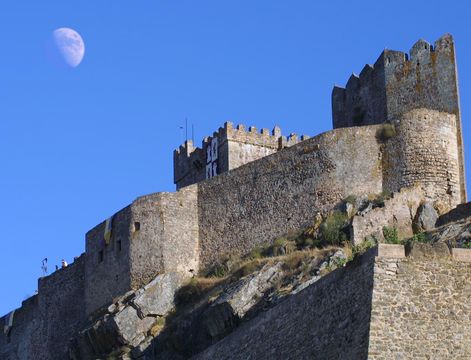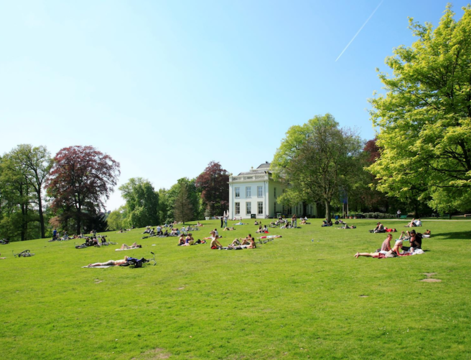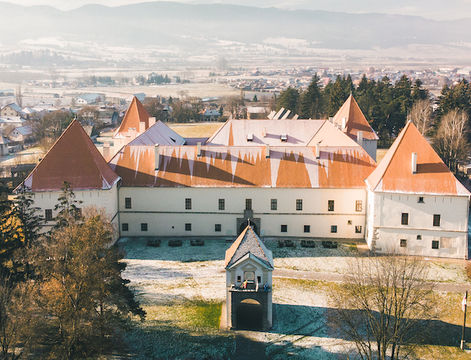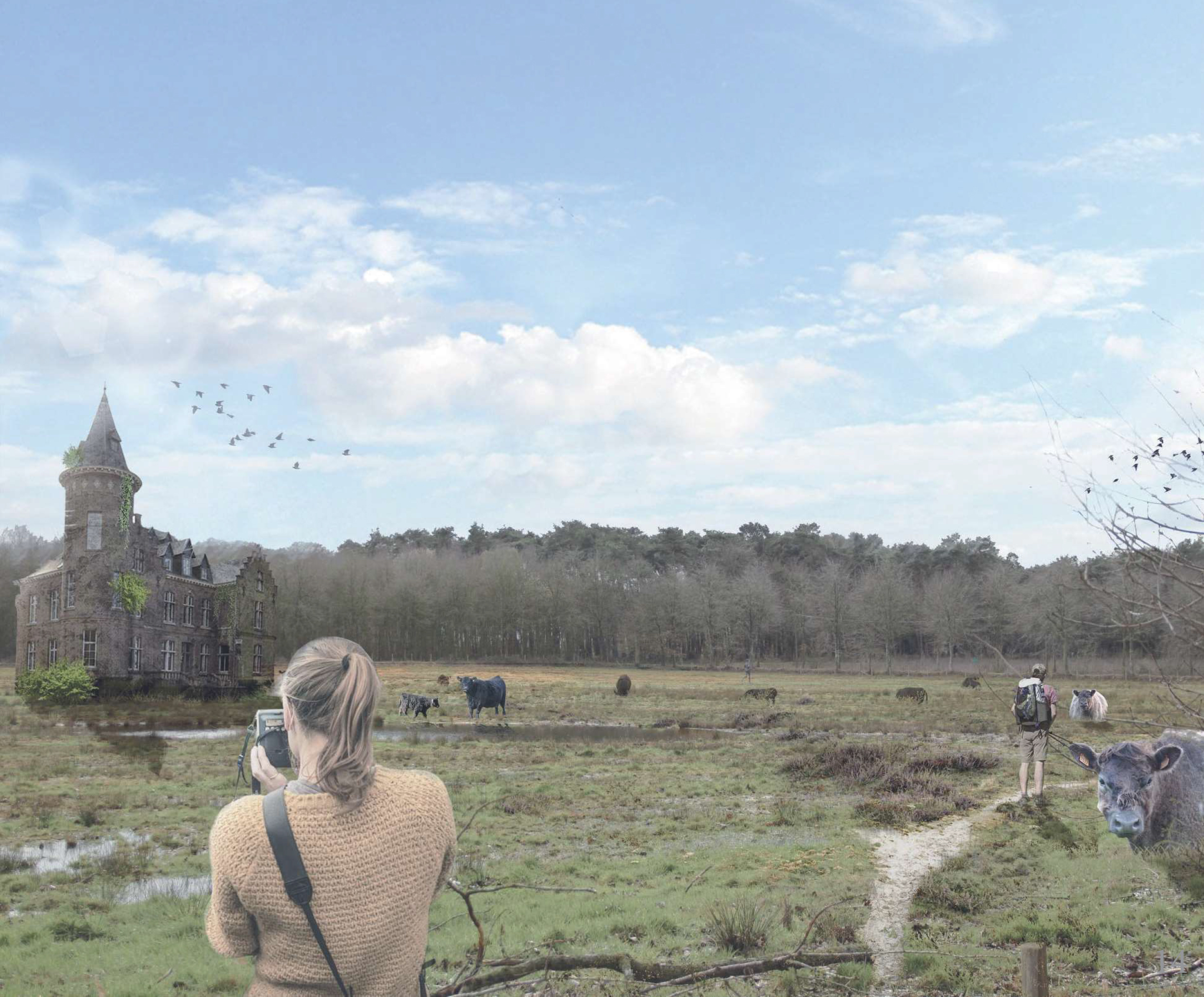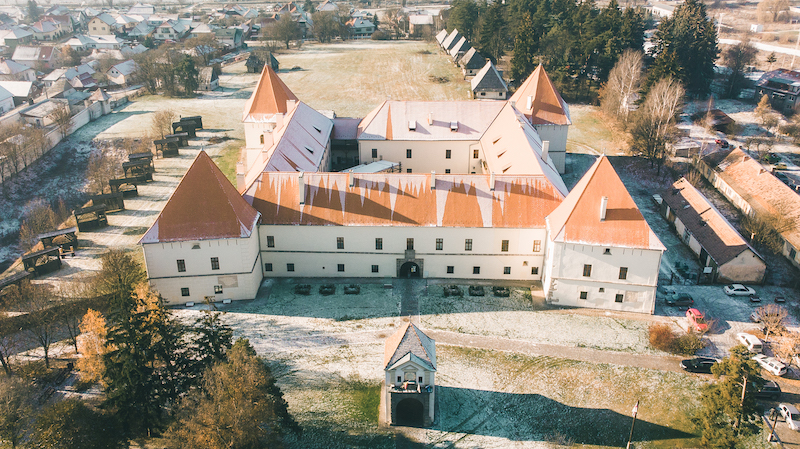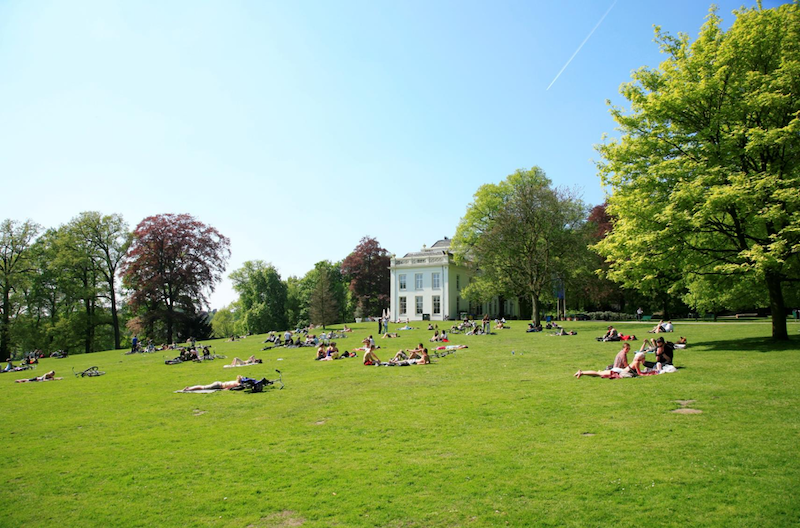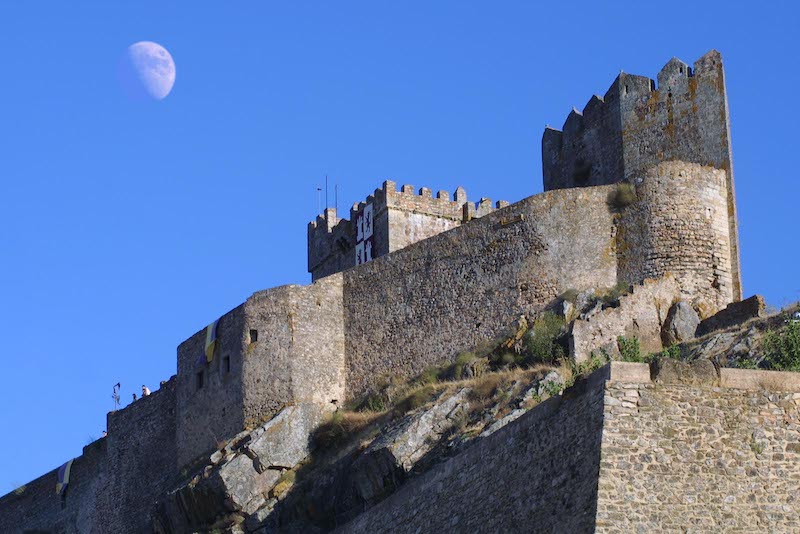 Image: De Keersmaecker S - Sanic T - Teerlinck J - Tubex J
Image: De Keersmaecker S - Sanic T - Teerlinck J - Tubex J
Bulskampveld is a landscape park in the province of West Flanders with a high density of historic castles, manors and estates. It is an important learning case within Innocastle, as it provides innovative policy insights in how to deal with this specific type of heritage from a landscape-based approach.
Students from University College Ghent developed strategies for Buskampveld on how to preserve, develop or transform the regional identity of the area, using historical estates as the drivers in this process. The knowledge will feed back into regional policies governing heritage.
Landscape challenges for historic estates
Historically, castles and manors had a close connection with their surrounding annexes and land (such as outbuildings, gardens, parklands, farmlands, woodlands, nature etc.) and all this was managed as a unity resulting in typical landscape. Today, these landscapes are valued for the recreational, historical and natural qualities. Together, this forms an important aspect of the regions identity and its future development.
However, due to urban pressure, upscaling and industrialisation of the agricultural sector as well as changes in forestry and evolving wages, the business models of these estates are no longer sustainable. Together with the domains, their unique land management is slowly disappearing. This, for example, can result in problematic ground water levels, loss of biodiversity, loss of forest or nature, loss of heritage and so forth eventually resulting in the possible disappearance of the region’s unique identity
Spatial strategies for regional development
"This study visit has made me even more determined that historic castles, manors and estates should be seen as a holistic entity of a building with its surrounding. Only this way, we can make a true link between heritage and regional development" - said coordinator Sylvie van Damme from University College Ghent during the study visit to Romania.
To safeguard and develop this identity multiple public partners in Flanders agreed to join forces in 2011 and work together ever since within the region.
University College Ghent is currently investigating various scenarios for the future development of these landscapes. Students from the advanced bachelor “Landscape development” are developing strategies to deal with the park. Some ideas that came up in this process are:
- A strategy to develop key elements of the region into unique selling points - Bulskampveld Climate park, an agroforestry hub, a rewilding zone or a ‘place of silence’.
- A strategy to strengthen the connection of the domains with their context - grouping the estates by proximity and connecting them to the needs of the village or neighbourhood
- A strategy based on strengthening weak links between stakeholders or spatial elements in the area.
- A strategy based on reactivating the historical drainage system and field ponds to increase the regions ‘sponge’ effect as an effort to stabilise groundwater levels.
Based on the knowledge obtained from Buskampveld, the University College Ghent provides advice and policy recommendations to the Province of West-Flanders and the Agency of Immovable Heritage in Flanders to improve heritage policies such as Onroerend Erfgoeddecreet (the Decree on Immovable Heritage) that influence this specific type of heritage directly.
A report on the students’ findings will be published soon.
 Image: Deweert S - lefebvre L - Verdoodt H
Image: Deweert S - lefebvre L - Verdoodt H


